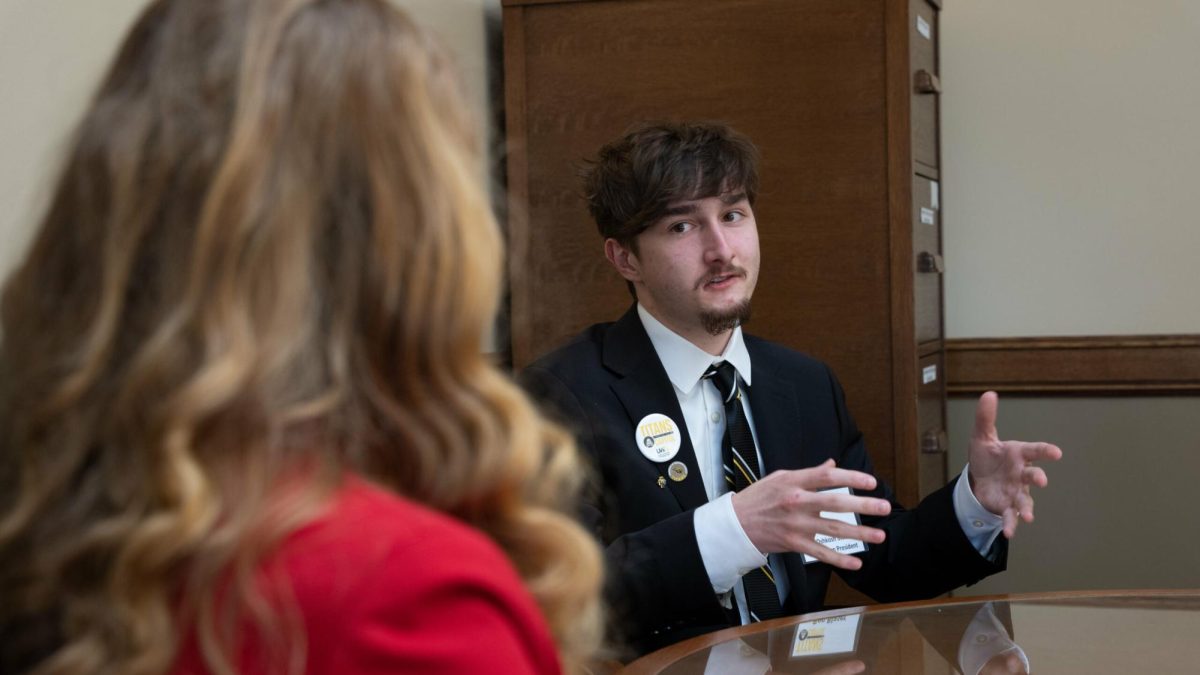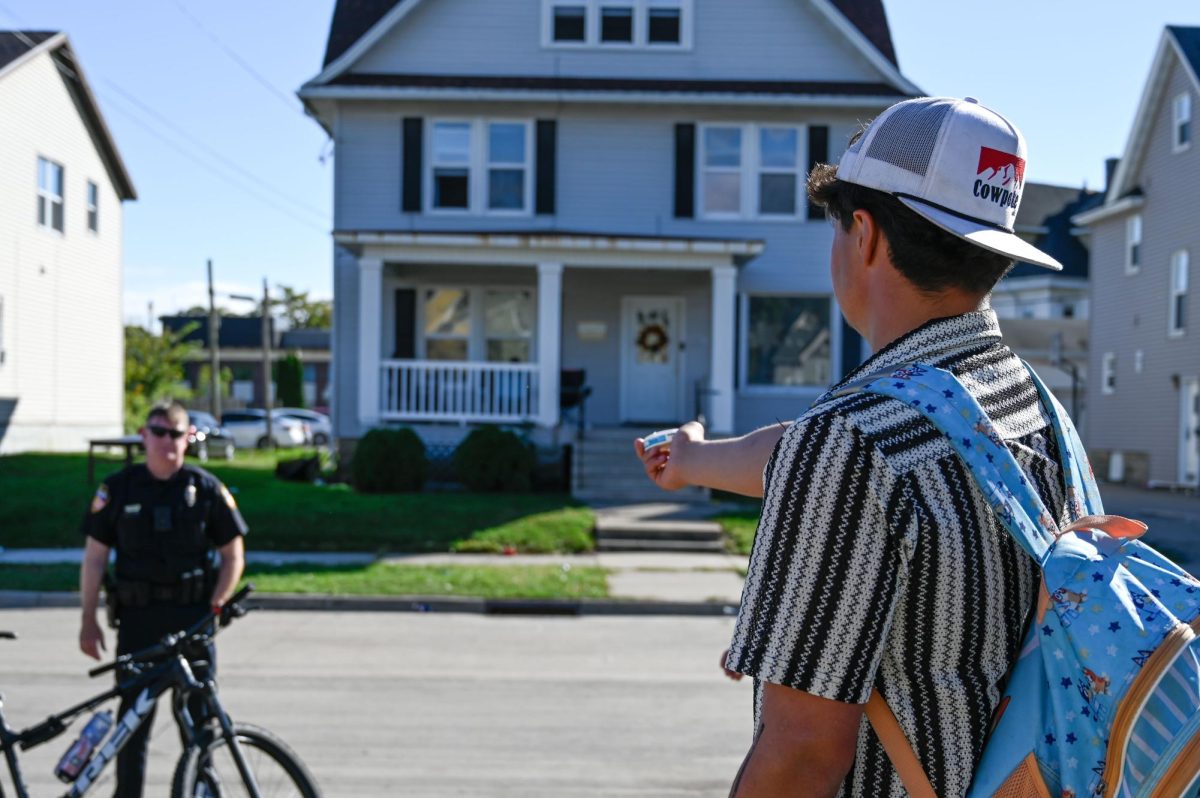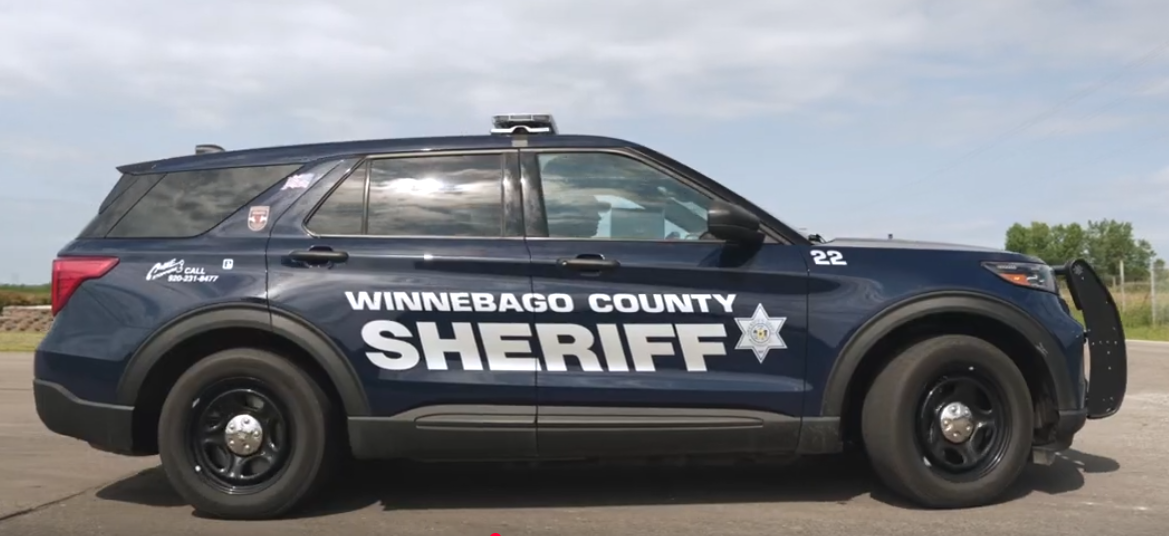Applications for the Oshkosh Student Government 2024 spring election opened Monday morning, with president, vice president and senator positions becoming available for UW Oshkosh students to apply for.
Candidates for any OSG position must submit the appropriate paperwork found at uwosh.edu/osg/voting before 3 p.m. March 4 either via email or in person to be eligible for the spring election, which will be held March 18-19. Ballots for the OSG election will be provided electronically to all students.
If more than one pair of candidates runs for president or vice president, OSG will host a debate on March 6.
OSG Program Adviser Tyler Klaver said that student input and advocacy is extremely important on any campus.
“That is OSG’s primary role: to be the voice of the student body at UWO, to be advocates for the fellow students,” Klaver said. “If students are experiencing issues, there are student leaders on campus that can help seek solutions with campus administrators.”
Klaver said the 2024 OSG spring elections are important because they are a great opportunity for interested students to seek out leadership opportunities.
“[The election also] provides students a democratic avenue to select who should represent them on campus,” Klaver said.
OSG President Ben Blaser said the organization is important for UWO students because it gives them a chance to advocate for themselves.
“OSG is the voice of the student body, so it is important that students get involved,” Blaser said. “Voting in OSG elections is important because you are able to choose who is representing the student body.”
OSG is looking to fill positions for president and vice president, which must run together on the same ticket, and 25 senators. OSG features three types of senators: at-large senators, who represent the student body; advocacy senators, who represent specific student communities on campus as a whole; and academic senators, who represent specific academic colleges on campus. OSG Senators spend 2-3 hours per week on senate responsibilities and serve on one to two college committees as student representatives.
Elected positions in OSG run through the entire 2024-25 academic year and all elected positions receive some form of scholarship for their work.
Klaver said for more direct and advanced involvement in student government, UWO students can consider running for president/vice president or applying for one of the few director positions on the executive board.
“If students are looking to serve a handful of hours a month but to still have an impact on student voice, they can consider running for one of our 30 senator seats or to serve as a student representative on one of the many campus committees that need student input,” Klaver said. “All opportunities offer leadership development and experience for those looking to grow their skills, tool box and resume. It’s also a fantastic way to get involved on campus on your own terms.”
Blaser, who will not run for another term because he graduates in May, said he wants his presidency to be remembered by all of the changes that he proposed and passed last semester.
“We were able to rename OSA to OSG to better reflect what the body does,” Blaser said. “We were also able to transform the assembly into a set of town halls, which resulted in more student participation.”
Established in 1959, OSG aims to help students with issues and policies for both academic and non-academic concerns. OSG is in charge of recognizing student organizations and helping clubs with budgets, travel and other costs.
Klaver said he urges students to participate in OSG because that students can only elect leaders if there are people interested in running for positions.
“Please consider OSGs opportunities and apply for candidacy or nudge a friend or classmate who you think could do a good job serving to think about running,” Klaver said.
OSG meetings are held every Wednesday at 5:30 p.m. in Reeve Memorial Union.










